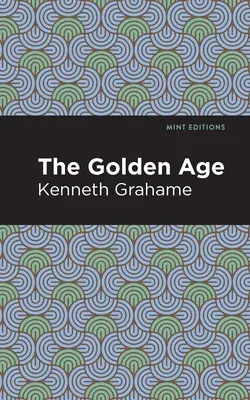Kenneth Grahame
(Author)The Golden AgePaperback, 20 April 2021

Qty
1
Turbo
Ships in 2 - 3 days
In Stock
Free Delivery
Cash on Delivery
15 Days
Free Returns
Secure Checkout
Reading Age
Ages: 8-12
Grade Levels
3-7
Part of Series
Mint Editions (Short Story Collections and Anthologies)Ditions
Part of Series
Mint Editions
Part of Series
Mint Editions--Short Story Collections and Anthologiesditions
Print Length
98 pages
Language
English
Publisher
Mint Editions
Date Published
20 Apr 2021
ISBN-10
151328018X
ISBN-13
9781513280189
Description
Product Details
Audience:
Ages: 8-12
Author:
Book Format:
Paperback
Country of Origin:
US
Date Published:
20 April 2021
Dimensions:
20.32 x
12.7 x
0.53 cm
Educational Level:
Grade Levels: 3-7
ISBN-10:
151328018X
ISBN-13:
9781513280189
Language:
English
Location:
Berkeley
Pages:
98
Publisher:
Series:
Weight:
108.86 gm

